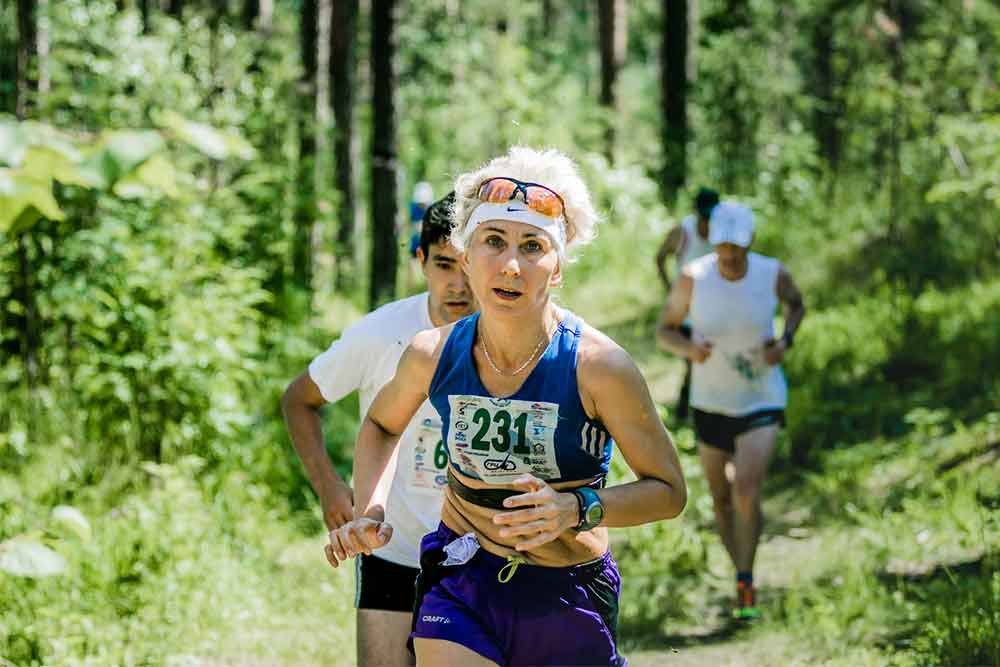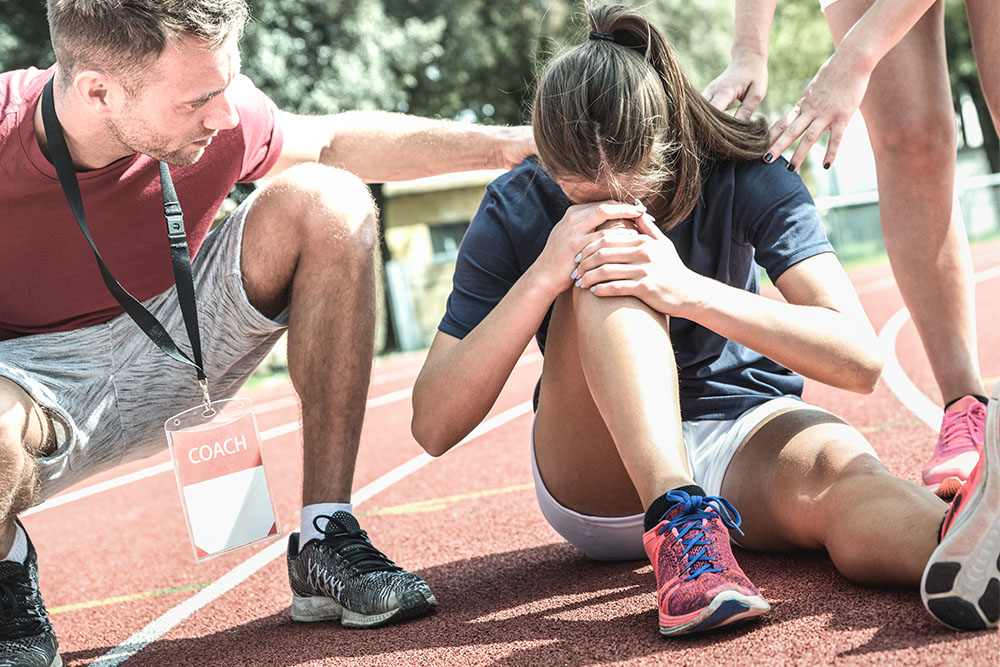Exercise May Improve Brain Health In Adolescent Binge Drinking

Julia C. Basso, PhD
Reporting from the 2017 Annual Society for Neuroscience Meeting
Exercise highlight 5: Voluntary exercise restores adolescent binge ethanol-induced loss of basal forebrain cholinergic neurons in adulthood (RP Vetreno, FT Crews)
The adolescent brain is in a constant state of change and therefore has a heightened capacity for neural plasticity.
 Unfortunately, binge drinking is a common occurrence during this critical time of development. Using a rodent model of adolescent binge drinking, this group found that intermittent alcohol exposure during adolescence decreased levels of cholinergic neurons in the basal forebrain in adulthood. These mice also showed impairments in behavioral flexibility (as measured through a reversal learning paradigm) as adults. They then exposed the mice to voluntary wheel running throughout the adolescent period to see if this healthy behavior could restore the alcohol-induced cell loss. When mice received both exercise and periodic binge drinking, the cholinergic cells of the basal forebrain were preserved and they did not show the behavioral impairments associated with binge drinking.
Unfortunately, binge drinking is a common occurrence during this critical time of development. Using a rodent model of adolescent binge drinking, this group found that intermittent alcohol exposure during adolescence decreased levels of cholinergic neurons in the basal forebrain in adulthood. These mice also showed impairments in behavioral flexibility (as measured through a reversal learning paradigm) as adults. They then exposed the mice to voluntary wheel running throughout the adolescent period to see if this healthy behavior could restore the alcohol-induced cell loss. When mice received both exercise and periodic binge drinking, the cholinergic cells of the basal forebrain were preserved and they did not show the behavioral impairments associated with binge drinking.
Further experiments indicated that both immune system and neurotropic factor mechanisms might be at play in this exercise-induced restoration effect. These results indicate that the adolescent brain is an especially plastic time of brain development, and that exercise may help to restore neuronal loss due to episodes of heavy drinking, which are common during this exploratory time period.
Related Article: Effects Of Alcohol On Your Workout
You Might Like:















